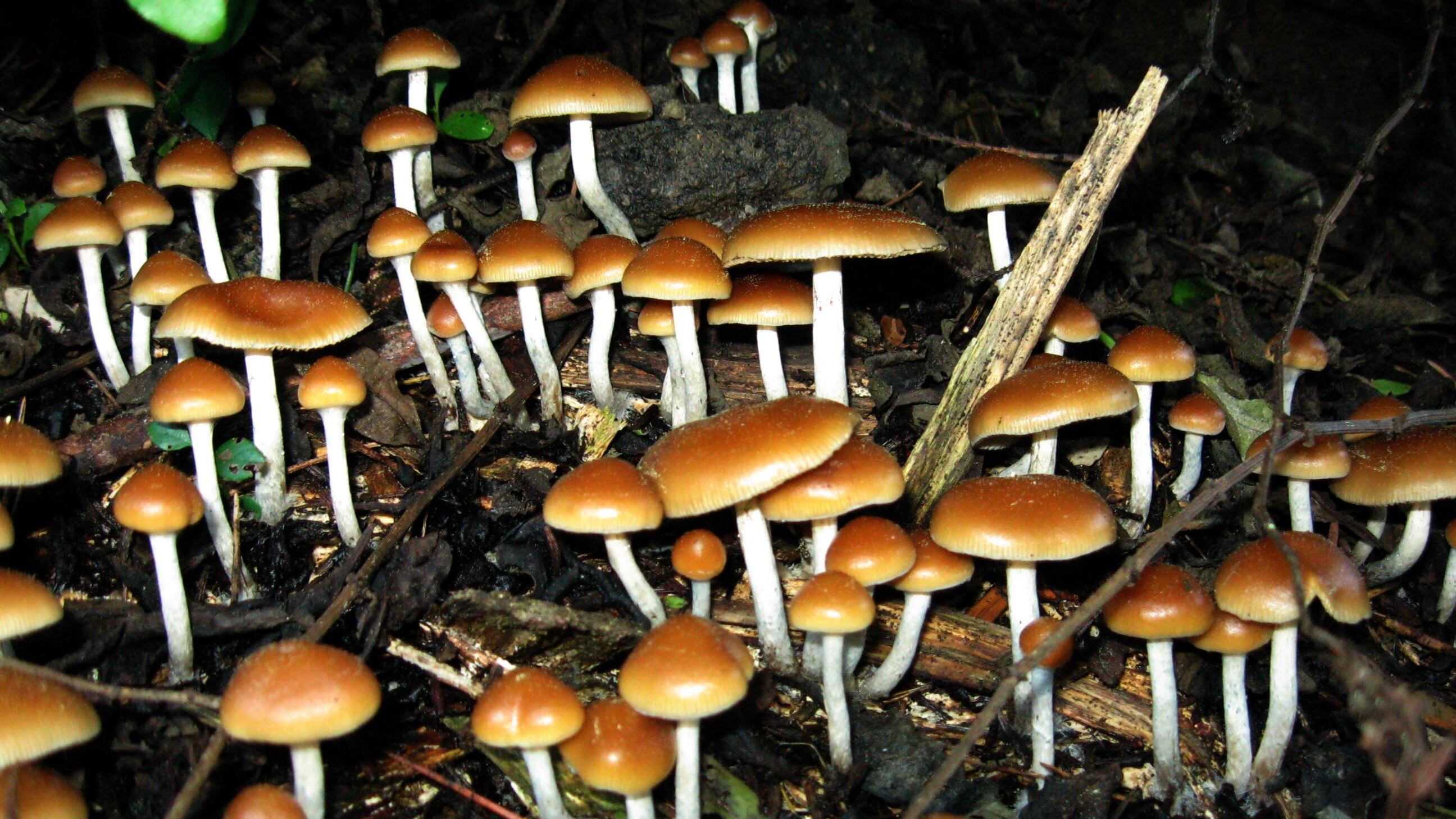The psilocybin initiative petition that was gathering signatures to make it to the 2020 Oregon ballot was withdrawn by its chief petitioners on Nov. 6, according to the state's Elections Division.
Psilocybin is the psychoactive component in hallucinogenic mushrooms. It's classified on the federal level as a Schedule I drug.
The chief petitioners are Thomas and Sheri Eckert of Beaverton, a therapist couple who advocate for the use of hallucinogenic mushrooms to help treat a myriad of psychological conditions including depression, anxiety and post-traumatic stress disorder.
But the Eckerts have scrapped their old petition for a new one: Initiative Petition 34, named the Oregon Psilocybin Services Act. The new petition retains much of the old petition's essential components, with its purpose being to introduce a framework that would allow for the regulated use of psychedelic mushrooms in therapeutic settings and develop a framework for distribution.
But the new petition alters several key factors of the last version, most notably that the new petition no longer requests the decriminalization of psilocybin.
That means psilocybin can only be doled out in therapy settings in centers that are licensed to distribute psilocybin as a therapeutic treatment.
Oregon Public Broadcasting first reported the re-filing.
The changes are creating friction between the Eckerts and other psilocybin activists in the state.
Two local advocacy groups, Decriminalize Nature Portland and Mushroom PAC, issued a statement condemning the alterations as a step backwards "from the standpoint of civil liberties."
"It is no longer a combined decriminalization/therapy effort that would have created the freedom for each free-thinking person to decide how to pursue this natural medicine in relation to their health—it is now a therapy-only effort that restricts decisions about freedom to the medical system, the Oregon Health Authority, and board representatives," the statement reads.
The Eckerts tell WW the changes in the petition do not undermine support for the decriminalization of psilocybin, nor do they signal an anti-decriminalization sentiment. They say their group "[aligns] with efforts to address all drug use through a public health paradigm instead of treating it as a criminal problem."
“Decriminalizing psilocybin would not conflict with the therapeutic agenda, but alone wouldn’t legalize psilocybin assisted therapy – you need a legal framework for that,” the Eckerts said. “Legal access to psilocybin assisted therapy, coupled with comprehensive drug decriminalization and reform, is a template not only for Oregon but for the rest of the country and the world.“
Disagreement over the changes is the latest rift in an already fractured relationship between the Eckerts and Mushroom PAC, a nonprofit group started by a former canvasser for the Eckerts' original petition, named Chris Abrahamsen.
Just days after he was fired by the Eckerts in August 2018 for being "distrustful, disgruntled and often combative," Abrahamsen registered Mushroom PAC as a nonprofit with the state.
Two other petitions that backers hope to place on 2020 ballots advocate for decriminalization: one at the city level, and another at the state level.
The state-level petition aims to decriminalize possession of nearly all illegal drugs in the state and increase access to addiction recovery services. It was filed in August by the Drug Policy Alliance, a powerful national advocacy group.
The second petition aims to amend the Portland City Charter by decriminalizing a handful of substances that advocates describe as "psychedelic plant materials," including psilocybin-containing mushrooms.
The petition also pushes back against the Petition 34 premise of allowing psilocybin only in licensed therapeutic centers, arguing that "making these medicines available only through government-licensed facilities or healthcare centers in a country in which healthcare is a for-profit industry will create barriers to access for the most vulnerable and in-need populations."
The petition, dubbed Initiative PDX-01, asks that the City of Portland not enforce any federal, state or local laws that criminalize the possession of "psychedelic plant medicines."
That petition will need to gain 38,000 signatures to move forward.
